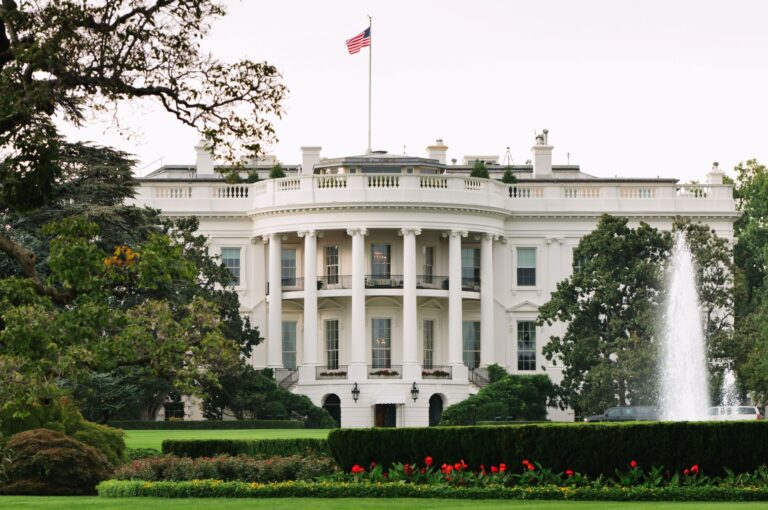Eleven Exonerees Added to National Innocence List
On Feb. 18, 2021 the Death Penalty Information Center (DPIC) released a special report analyzing 185 death penalty cases that resulted in exonerations of people wrongfully sentenced to death. The report concludes that the majority of wrongful convictions are not accidental, and resulted in the addition of 11 names to DPIC’s Innocence List
Evidence now shows that for every 8.3 people executed in the United States since 1973, one wrongfully sentenced person has been exonerated.
Data on executions carried out where the person was innocent of the crime for which they were sentenced to death are unavailable.
Much like its Sept. 2020 report detailing the racist history of capital punishment in the United States, DPIC’s research throws into sharp relief the failings and systemically harmful realities of the U.S. death penalty.
Data Show Rampant Misconduct, Especially for Black and Latinx Defendants
The disturbingly high rate of wrongful death sentences can be attributed to eight primary causes: official misconduct; false confession; false or misleading forensic evidence; inadequate legal defense; insufficient evidence; mistaken witness identification; perjury or false accusation; and DNA evidence.
Official misconduct is by far the most common cause of wrongful convictions. Of the 185 exoneration cases examined, 128 included official misconduct by police, prosecutors, or other government officials. Misconduct was found with significantly greater frequency if the exoneree was Black or Latinx.
The report states, “Official misconduct was a contributing factor in the wrongful convictions of 78.8% of Black death-row exonerees and 68.8% of Latinx death-row exonerees, as compared to 58.2% of exonerations of wrongfully convicted white death-row survivors.”
Innocence Risks Exist Everywhere
According to the report, the state of Florida holds the highest number of documented death row exonerations, with 30 people exonerated since 1973. Illinois trails Florida with 21 exonerations, followed by Texas with 16. Louisiana and Ohio each have 11 exonerations; the states of Arizona, Oklahoma, and Pennsylvania have all exonerated 10 people.
Wrongful convictions happen at every region of the country; no state that practices the death penalty is immune from the risk of sentencing an innocent person to death.
Counties that excessively pursue death sentences and that are known for misconduct have a greater likelihood of wrongful capital convictions.
The Catholic Call to Preserve Life — Regardless of Guilt
What conclusions are we to draw from this latest report? For one, we can see that the death penalty system is fallible because it is operated by humans, and humans are prone to error and bias.
The risk of executing an innocent person will always be present. There is no way to “do the death penalty right.”
However, even if capital punishment was applied judiciously and could truly be reserved to punish only the most heinous crimes, it would still violate the Catholic Church’s teachings about the inviolable dignity of the human person.
As Catholics, we are unwaveringly called to the work of death penalty abolition because this practice violates our Gospel call to uphold the sanctity of all human life.











